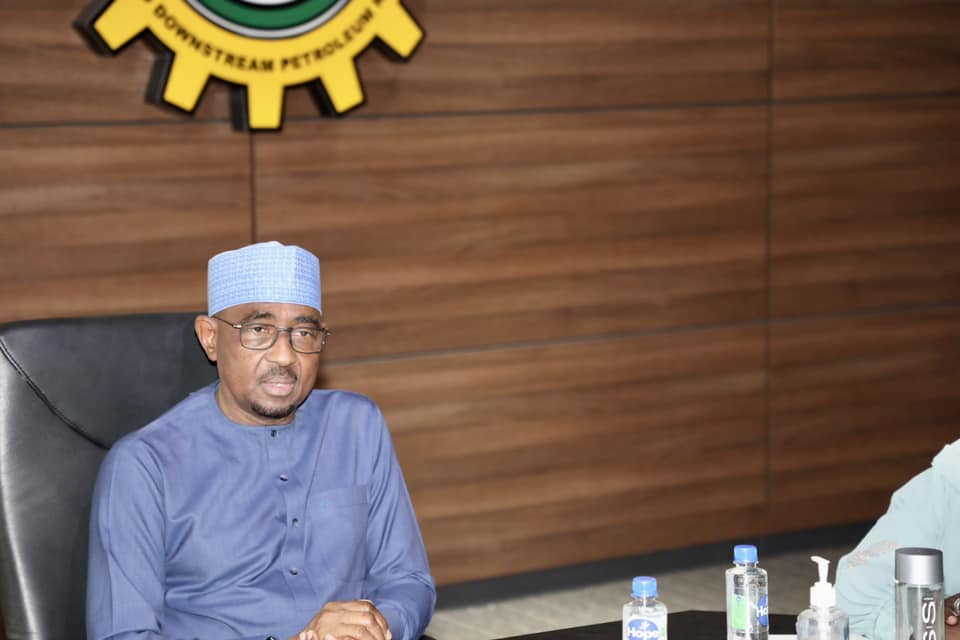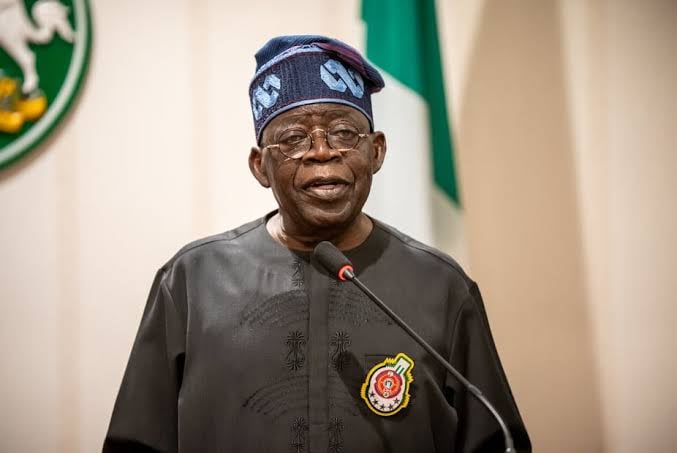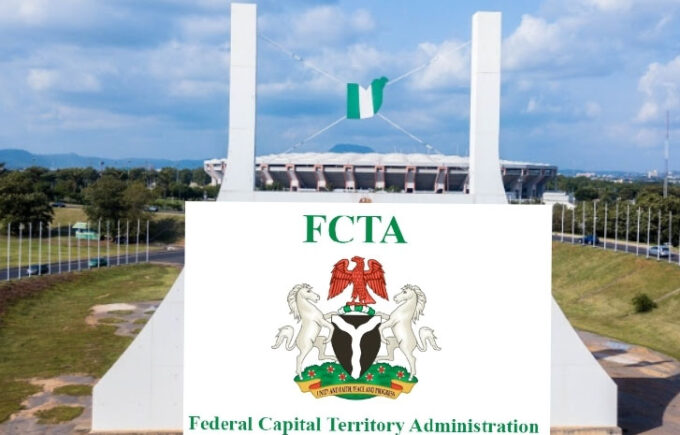From Juliana Taiwo-Obalonye, Abuja
The Nigerian Midstream and Downstream Petroleum Regulatory Authority (NMDPRA) reported a 67% drop in Premium Motor Spirit (PMS) imports, from 44.6 million litres daily in August 2024 to 14.7 million litres by mid-April 2025, a reduction of about 30 million litres.
NMDPRA CEO Farouk Ahmed, speaking at the sixth Meet-the-Press briefing in Abuja on April 15, attributed this to a 670% surge in local production, reaching 26.2 million litres per day by early April 2025, up from 3.4 million in September 2024.
The increase stems from the phased restart of Port Harcourt Refining Company in November 2024 and contributions from modular refineries. However, total supply only exceeded the government’s 50-million-litre daily consumption benchmark twice—November 2024 (56 million litres) and February 2025 (52.3 million litres)—dipping to 51.5 million in March and 40.9 million in early April. Ahmed noted import licences are issued based on supply gaps to balance local output and demand.
In 2024, petrol import costs hit N15.42 trillion, a 105% rise, highlighting Nigeria’s reliance on foreign fuel despite growing domestic capacity. Ahmed warned that U.S. President Donald Trump’s trade and oil policies, aiming to cut crude prices below $50 per barrel, could harm Nigeria’s 2025 budget of ₦50 trillion with ₦36.3 trillion projected revenue.
“The inconsistencies in the U.S. administration’s trade and oil policies will inevitably affect Nigeria’s revenue generation and economic growth,” he said.
He highlighted a sharp crude price drop from $73-$74 to $60 per barrel in a day, compounded by vandalism, illegal bunkering, and Nigeria’s production falling to 1.4 million barrels daily, per OPEC. “A $10 decrease in crude oil prices significantly impacts the economy, national reserves, and the strength of the naira,” Ahmed added, noting tariff exemptions for China further destabilise markets.
NMDPRA’s initiatives include boosting local refining, gas processing, and transparent pricing to enhance energy security. Efficient transport and retail ensure fuel availability, while sustainable practices support long-term growth.
Ahmed said Nigeria’s refining sector is transforming, with private and state-owned refineries advancing in production.


















Leave a comment